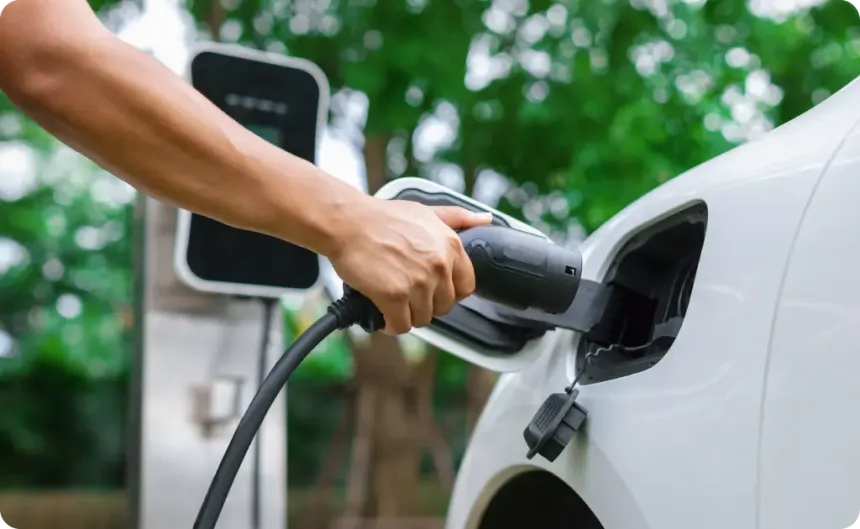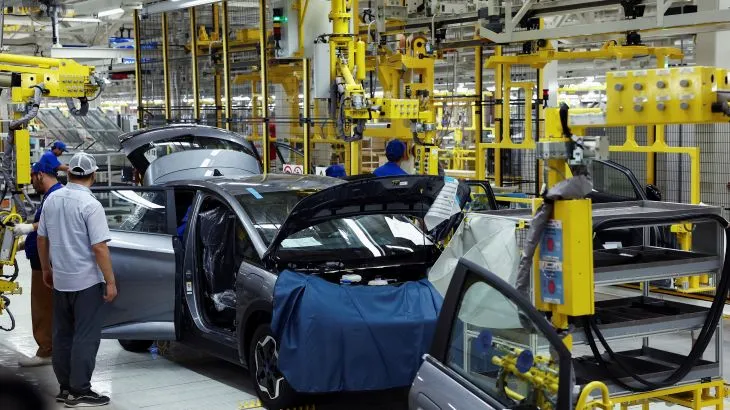The European Union has announced its decision to impose duties on imports of electric vehicles from China, effective from Thursday, bringing an end to the trade dispute between the two economic powerhouses. The move comes after talks between Brussels and Beijing failed to yield a mutually accepted solution. According to the European Commission, sales of Chinese-built electric cars have increased significantly in the EU market, jumping from 3.9% to 25% by September 2023. This growth has been attributed to Chinese government subsidies, which EU officials claim are unfair and have resulted in prices being undercut, harming local industries.

EU Imposes Duties on Chinese Electric Vehicles (Image via Getty)
The EU has imposed duties on Chinese manufacturers, with rates ranging from 17% to 35.3%, depending on the company. Companies like BYD, Geely, and SAIC, which owns MG, will face duties of 17%, 18.8%, and 35.3%, respectively. Other major players in the market, including Volkswagen and BMW, will be subject to duties of 20.7%. Tesla has been given a separate rate of 7.8%. The duties will remain in force for five years, after which the EU and China are expected to continue negotiating to find an alternative solution.
The EU’s move has been met with opposition in Germany, the bloc’s largest economy, which is home to major carmakers. The head of Germany’s car industry association, VDA, Hildegard Müller, has described the move as “a setback for free global trade” and expressed concerns about the risk of a far-reaching trade conflict. Müller emphasized the need for dialogue and cooperation to resolve challenges posed by China’s trade policies.


























